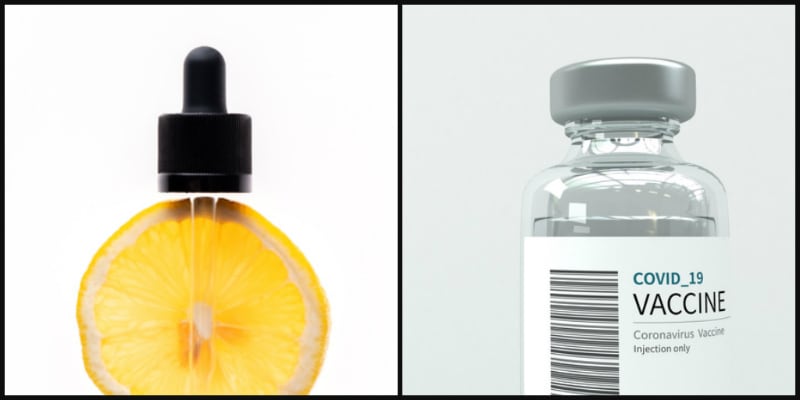A new study, published in The Lancet Diabetes & Endocrinology, has found that daily doses of 400-1000 IU are associated with protection against acute respiratory infections, but that higher doses are not.
Four years ago, a meta-analysis of data from 25 randomized controlled trials of vitamin D supplementation for the prevention of acute respiratory infections showed a protective effect of this intervention.
Now, the same researchers from, amongst other institutes, Karolinska Institutet, Harvard Medical School and Queen Mary University of London, have expanded the earlier research with an additional 18 studies and updated meta-analysis.
Because studies that do not demonstrate an effect are never published, a false impression of how effective vitamin D is can create a ‘publication bias.’ To compensate for this, data from registered but as yet unpublished studies was also also included in the meta-analysis.
The study
The current research based their results on 43 randomized and placebo-controlled studies on the possible relationship between vitamin D and respiratory infections of nearly 49,000 participants.
According to lead researcher Professor Adrian Martineau at Queen Mary University of London, vitamin D prevents respiratory infections by boosting a range of innate antiviral responses, while simultaneously dampening down potentially harmful inflammatory responses.
The research found that a daily dose of vitamin D to be much more effective than weekly or monthly doses.
“We showed that daily doses of 400-1000 IU were associated with protection against acute respiratory infections, but that higher doses were not,” Martineau told NutraIngredients-USA.
"A particularly high dose doesn't seem necessary," added study co-author Peter Bergman, associate professor at the Department of Laboratory Medicine, Karolinska Institutet. "Those who received 400-1000 IU/day had the best response, as the group that received such a dose demonstrated a reduction in infection risk of 42%. I want to stress that there were no signals in the study that normal doses of vitamin D were dangerous or caused adverse reactions."
Martineau told us that the research presented three surprises:
“We didn’t replicate a previous finding that protection was stronger in those with the lowest vitamin D levels at baseline. This may reflect inclusion of results from several recent large studies in which vitamin D was given monthly or weekly – which appears to be less effective than daily dosing; Finding above, that modest doses may protect better than higher doses; and appearance of funnel plot, showing that publication bias may be contributing to finding of a protective effect.”
Factors to be considered
According to Martineau, age, baseline vitamin D level, and body mass index should all be considered when determining who and how much vitamin D one should receive.
Bergman said that healthcare providers should keep in mind certain populations with known risk of vitamin D deficiency, such as people with dark skin, overweight people and the elderly.
"A daily dose of vitamin D can protect the bones and perhaps also reduce the risk of respiratory infections in vulnerable groups," said Bergman. "The wider population will probably not benefit as much from the supplement, though. Vitamin D doesn't make healthy people healthier."
The COVID connection
The relevance of these findings to COVID-19 is not known and requires further investigation, which is currently underway.
“We are running the CORONAVIT trial here in the UK – 6200 participants, follow-up is half way through now,” said Martineau.
Source: The Lancet Diabetes & Endocrinology
March 30, 2021 doi.org/10.1016/S2213-8587(21)00051-6
“Vitamin D supplementation to prevent acute respiratory infections: a systematic review and meta-analysis of aggregate data from randomised controlled trials”
Authors: D. Jolliffe et al.




